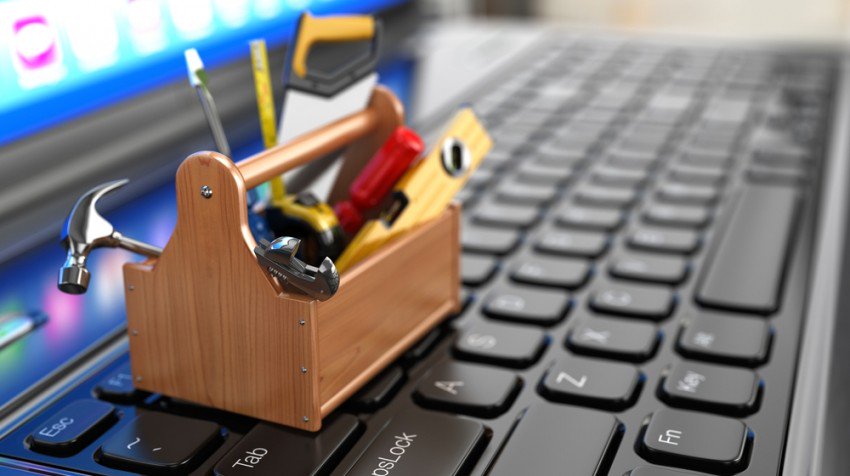Two key focuses of my blog are Financial Literacy/Money and Technology. New technologies are emerging all the time. As such it’s important to spend your money wisely and make sure getting the right terms when you’re making your new technology purchases. The following contributed post is entitled, Questions To Ask Yourself When Buying New Tech.
* * *

Image by StockSnap from Pixabay
If you’re looking to buy new tech and you don’t know where to begin then don’t worry, you have definitely come to the right place. Whether you’re looking to buy a new TV or you want to invest in a new gaming PC, you need to be sure you’re buying the right products for you. Luckily, there are lots of questions you can ask to ensure you’re doing exactly that. From setting yourself an overall budget to buying from trustworthy retailers, the more questions you’re asking the better. With that in mind, here are a number of questions you can ask yourself when buying new tech:
What Is Your Overall Budget?
One of the first things you need to ask yourself when it comes to buying new tech is in regard to your budget, as you need to ensure you’re not spending more than you can afford. Whether this means researching the average cost for the item you want to buy or hunting around until you find the best price, you need to ensure you’re not spending more than your budget allows. For a guide to budgeting for new technology at home, you can visit this site here.
Are You Buying From A Trustworthy Retailer?
Another important thing you need to consider is whether or not you’re buying from a trustworthy retailer. If you’ve never heard of them before, it might be worth doing a little bit of research.
From reading reviews online to asking your friends and family if they have ever purchased from them, there are lots of ways to ensure you’re buying from a legitimate store. Another option is to ensure you read buyers guides.
Have You Read Product Reviews?
When it comes to buying the right products, you need to be sure you’re reading as many product reviews as you can. Not only will this tell you whether or not the product is high-quality but it will also give you an idea as to whether or not there are any issues you need to be aware of. For a guide to trusting product reviews, you can visit this site here.
How Soon Will It Arrive?
Another important thing to consider is how soon the product is going to arrive. If you’re in a hurry, you may want to find a retailer that can offer next day delivery.
Is There A Returns Policy?
Although the chances of there being an issue with your item are low, you need to ensure there is a returns policy you can trust. Whether it’s a 30 day returns period or something a little longer, having that peace of mind when buying a large ticket item is important.
With the options above you can be sure you’re asking the right questions before you buy new tech, helping to ensure you’re making the right yourself decision. What else should you be asking? Did we miss anything off of the list? Let me know your thoughts and ideas in the comments section below.


